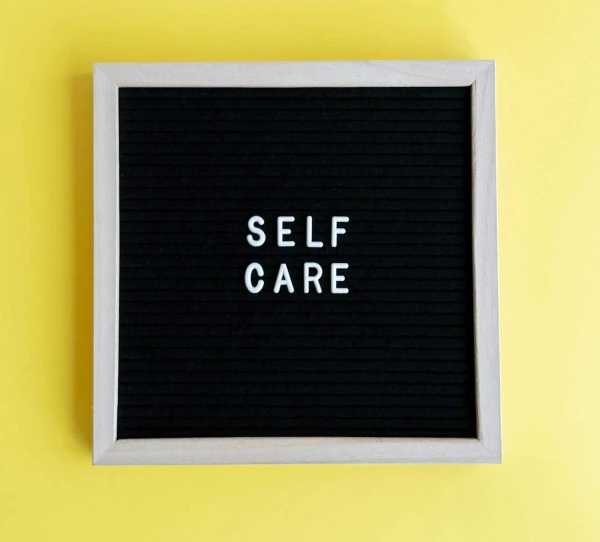Tools for Assertiveness & Self-confidence
Restore confidence in yourself and experience what it is like to really be yourself

Self-confidence grows through positive experiences. The more positive experiences, the better your self-esteem. If you are unlucky to be insufficiently supported in developing your assertiveness and self-confidence, this can haunt you for life. The thing is, not all of us are lucky enough to grow up with enough positive support. Fortunately, even in adulthood, you can develop yourself and learn to actually stand in your power.
At ZEON, you learn in a unique and safe way to restore your confidence in yourself and experience what it is like to really be yourself. With relatively little effort and in a relatively short time, you can develop into someone who believes in himself and radiates genuine self-confidence. You can learn to be assertive, so that you definitely start taking yourself seriously.
Learning to be positive about yourself
When you struggle to clearly stand up for yourself and communicate your views, it can seriously undermine confidence in yourself. It limits your options and you may slowly withdraw more and more into yourself. At the end of the day, life is about getting out what you care about and enjoying the things you do with enthusiasm. It is simple to learn how to start thinking more positively about yourself and thereby let go of old fears and frustrations.
When you can really say no, you also dare to give a truer yes.
'Yes, I can do this' or 'Yes, I'm going for it' are thoughts you like to have when facing a new challenge. These thoughts depend on the experience and support you have had in previous experiences. If you missed out on the support and positive experience, you will have to recover and make up for it later in life.
Fortunately, it is also quite possible to learn how to become more confident and assertive later in life. In fact, when you gain the insight into how to achieve this in yourself, it is not at all as difficult as is often thought.




